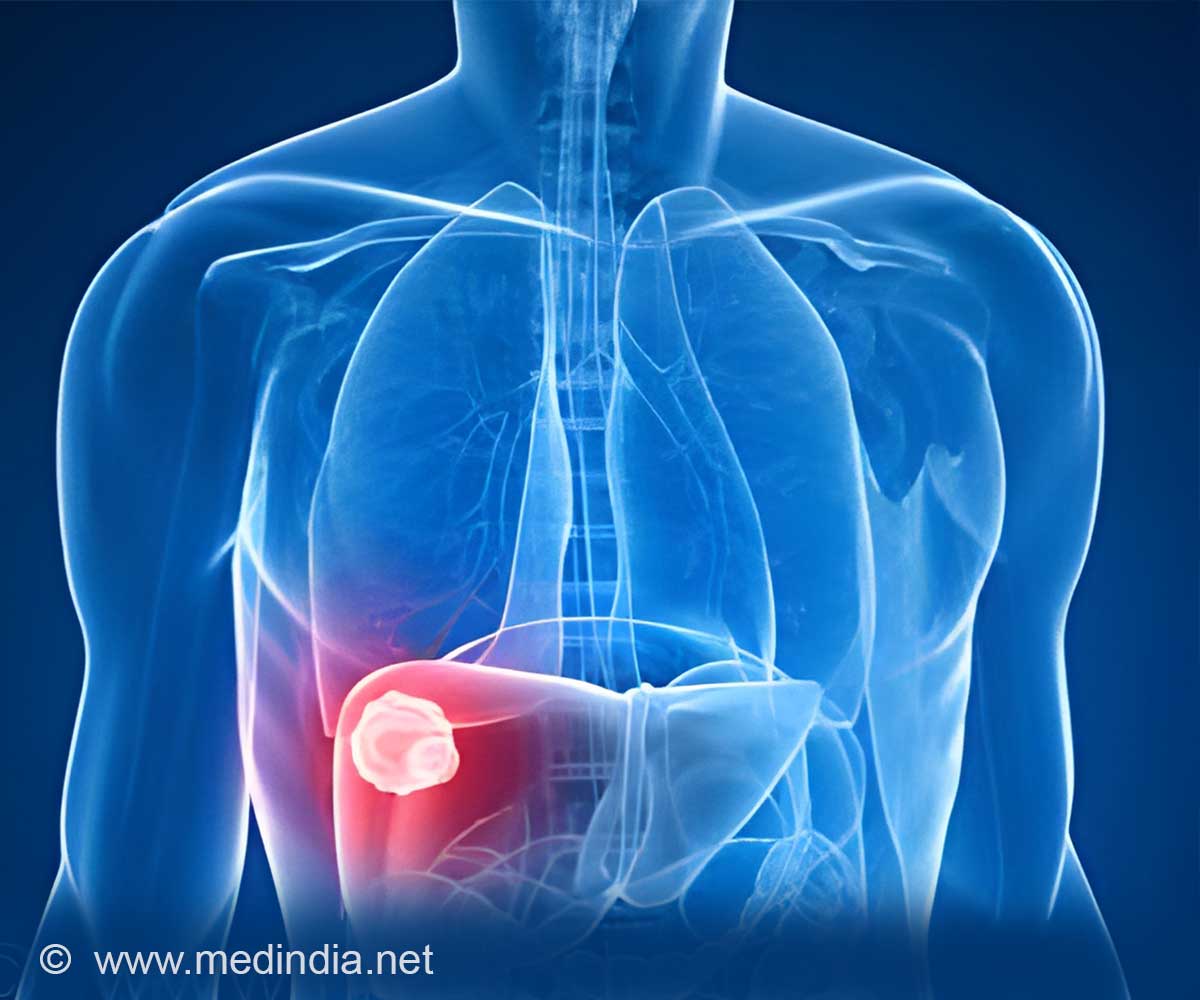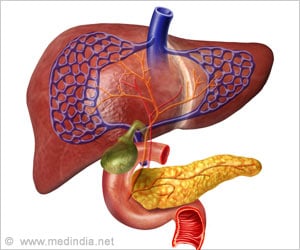Currently, there is no general agreement on how acute hepatitis should be treated.

‘Hepatocytes do not need type I interferon to combat viral infection. Instead, type I interferon triggers Kupffer cells to take up infected cells and undergo apoptosis.’





Sometimes hepatitis induces fever and flu-like symptoms, however, it may also damage the liver and might even result in acute liver failure. Yet, currently there is no general agreement on how acute hepatitis should be treated: Should the immune response against the viral pathogen be reinforced or inhibited? Scientists from TWINCORE have now published new insights on the processes involved in liver inflammation in the Journal of Hepatology. Type I interferons, on the one hand, limit viral replication and thereby help the immune cells to control the viral pathogen. On the other hand, type I interferons delay the regeneration of immune cells, which are important to adjust and maintain the immune balance within the liver during acute inflammation.
"So far, it has been assumed that viral replication itself destroys liver cells," says Katharina Borst, a scientist at the Institute for Experimental Infection Research, TWINCORE, Hannover, Germany.
"Meanwhile we also know that local inflammatory processes can damage the liver." This is critical knowledge, because, if the inflammatory reaction and not the virus accounts for liver damage, one should not enhance the inflammation within the already inflamed organ by treatment with an inflammatory cytokine such as type I interferon.
"On the other hand, in clinical practice, it is well established that type I interferon is an effective treatment during acute hepatitis and that it protects the liver," argues Dr. Theresa Frenz, also a scientist at the Institute for Experimental Infection Research, TWINCORE. At first glance, this is a paradoxical situation that needs clarification.
Advertisement
The research team used vaccinia virus to infect livers that either could or could not detect type I interferon or in which only the Kupffer cells or the hepatocytes, the main cell type of the liver, could or could not detect type I interferon.
Advertisement
However, type I interferon seems to be important for Kupffer cells, says Dr. Frenz: "We believe, that type I interferon triggers Kupffer cells to take up infected cells and undergo apoptosis (suicide) afterward, since surprisingly, Kupffer cells disappear after infection."
“The body replaces those lost Kupffer cells by scavenger cells, which develop from the bone marrow. Such cells are not "real" Kupffer cells, but they still take over similar tasks. Interestingly, this process is accelerated if the bone marrow cells cannot sense type I interferon," says Ms. Borst. "Obviously, type I interferon is very important to adjust the regulation of inflammatory processes."
"We verified that therapeutic treatment of acute viral hepatitis with type I interferon is reasonable since it activates local immune cells and helps to eliminate the virus," concludes institute director Prof. Ulrich Kalinke.
"However, in order to better support the regeneration of the inflamed liver, we need to learn more about the balance of enhancement and modulation of inflammation. This will be the basis to develop new therapeutic interventions for acute hepatitis."
Source-Eurekalert















